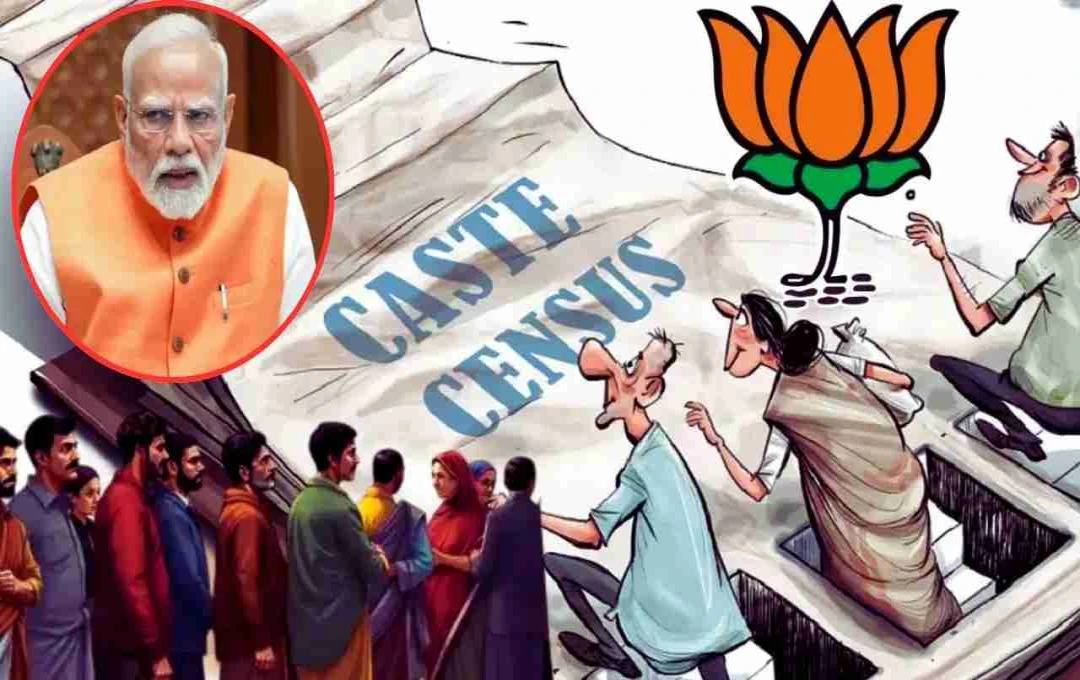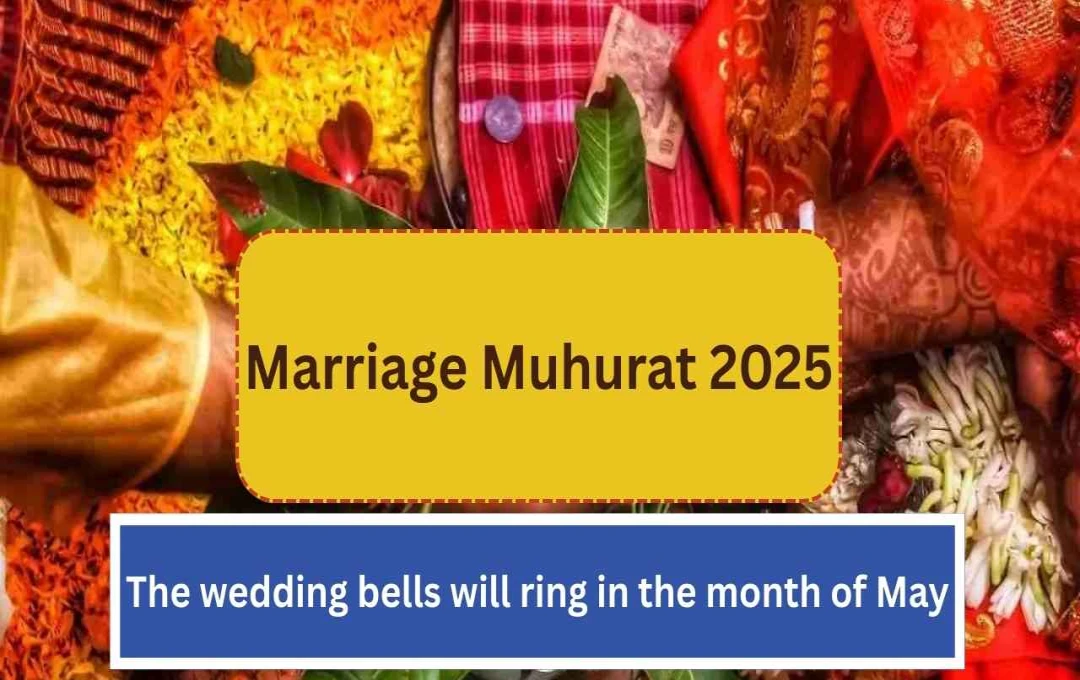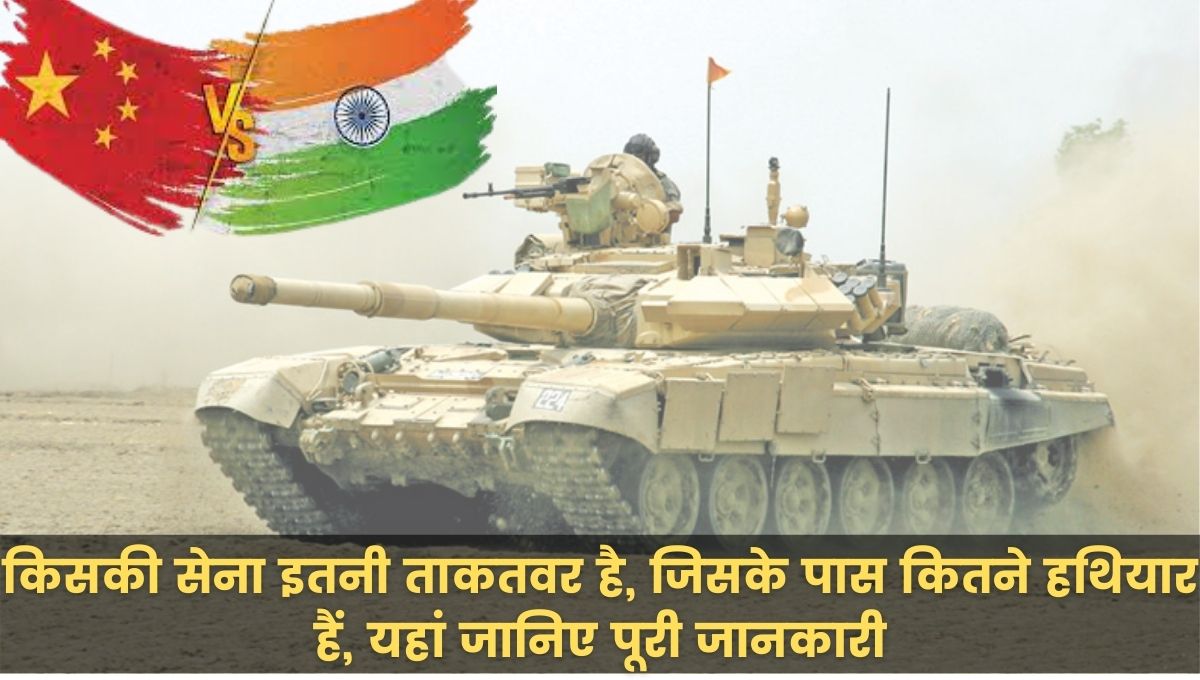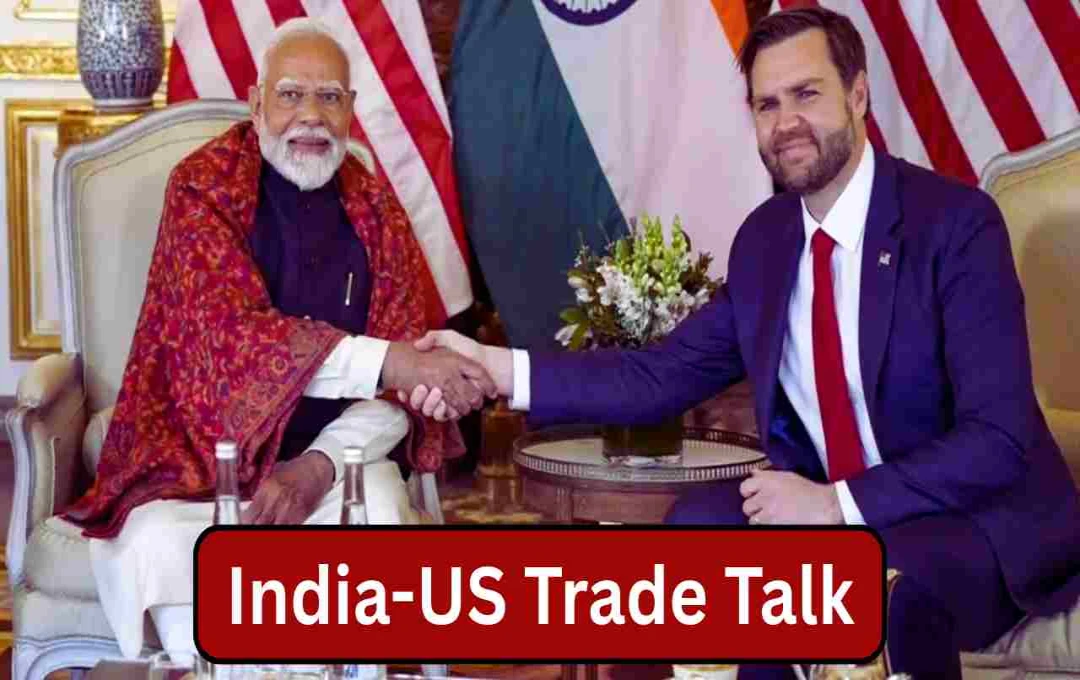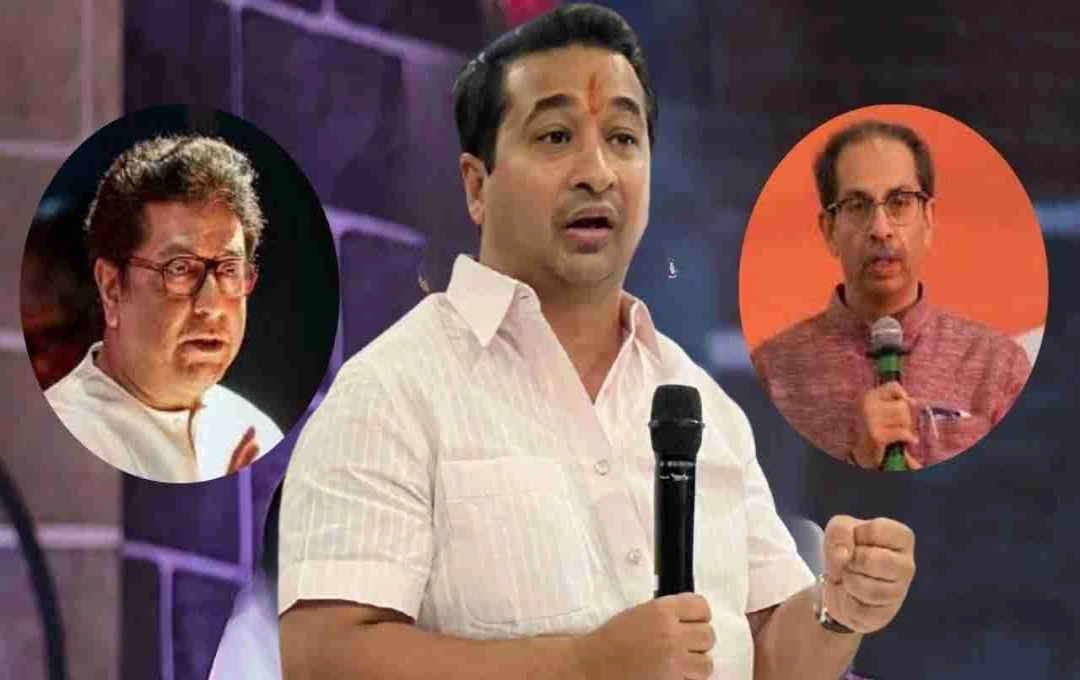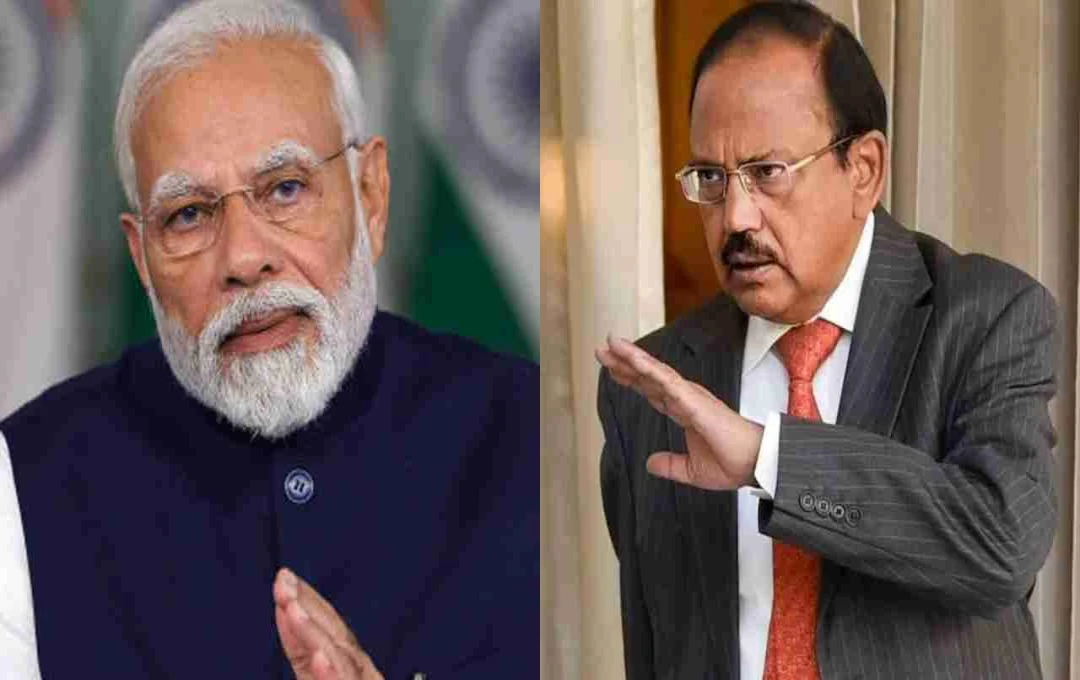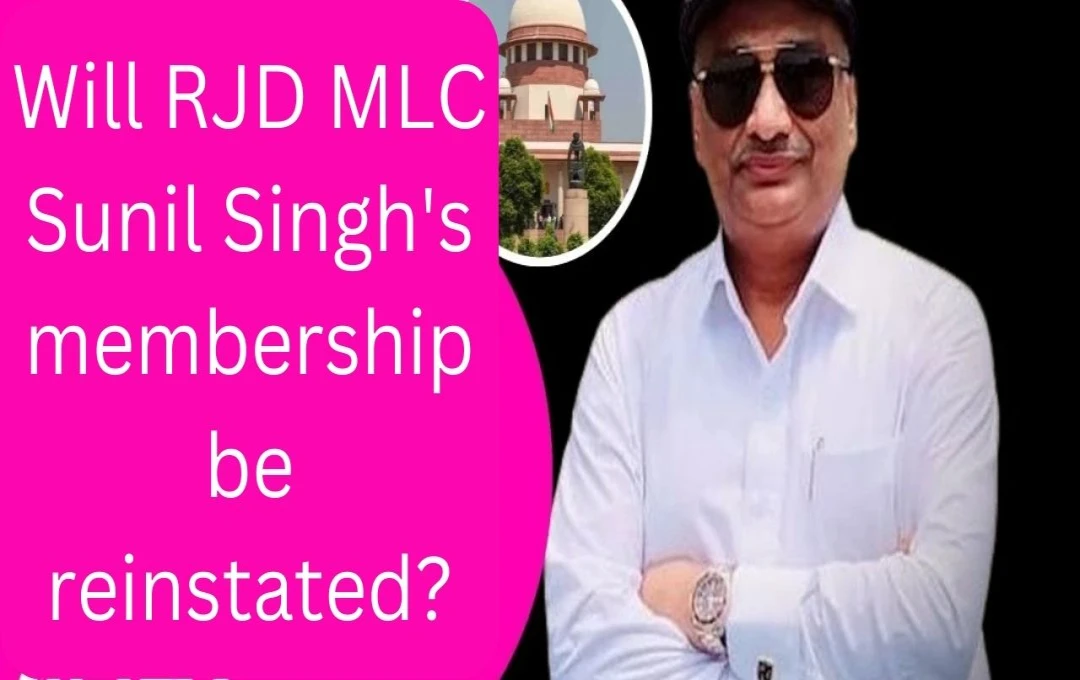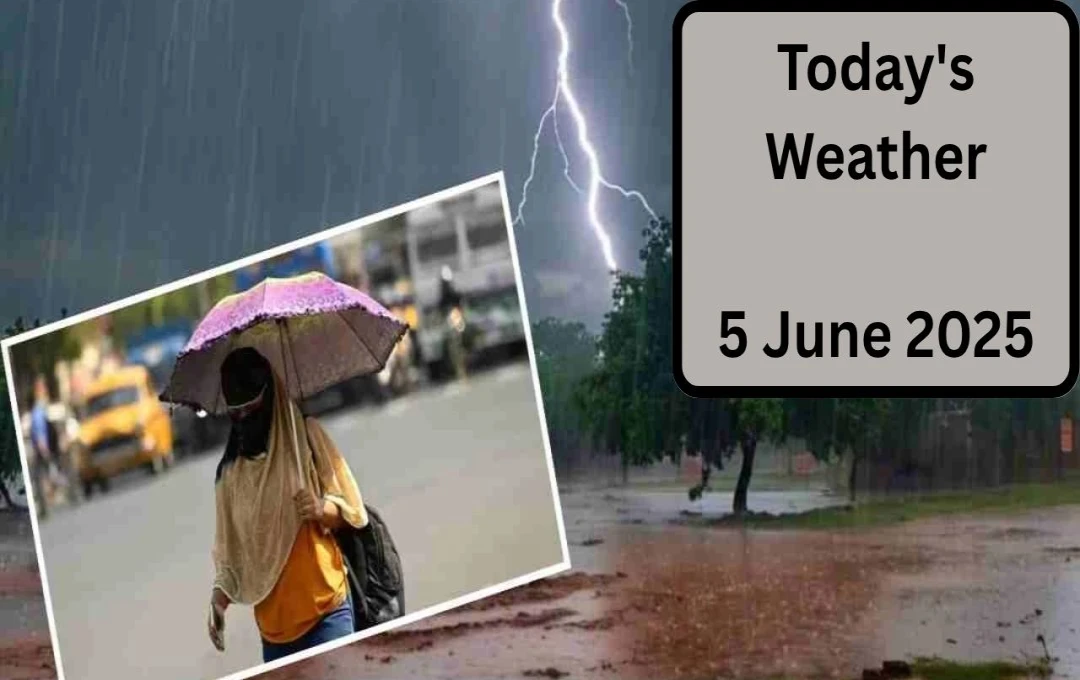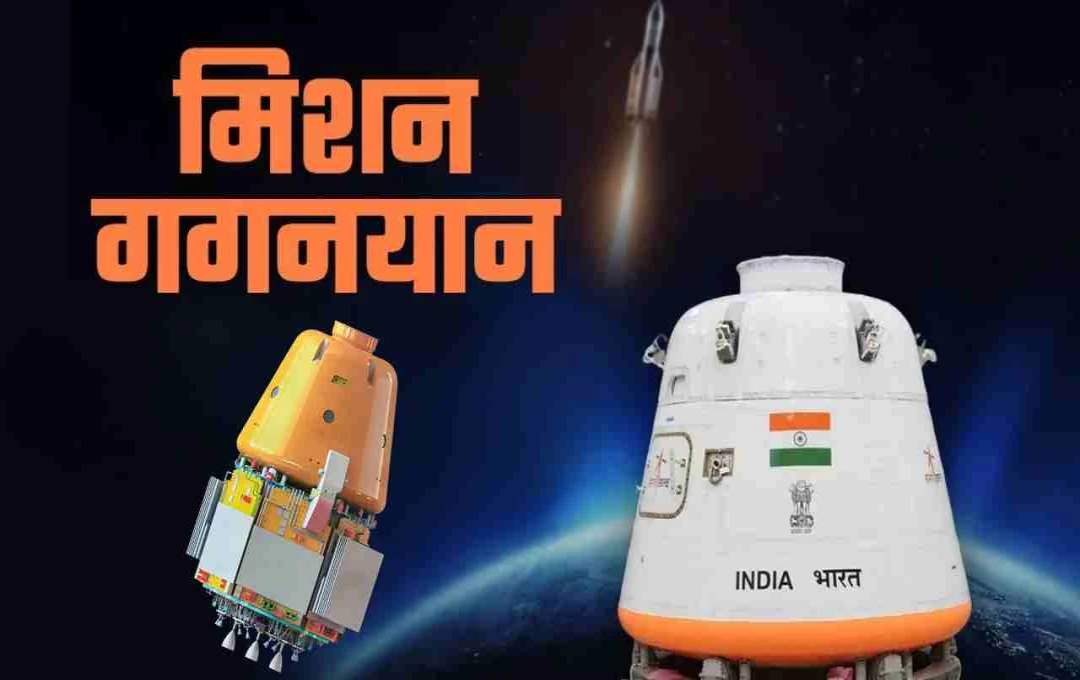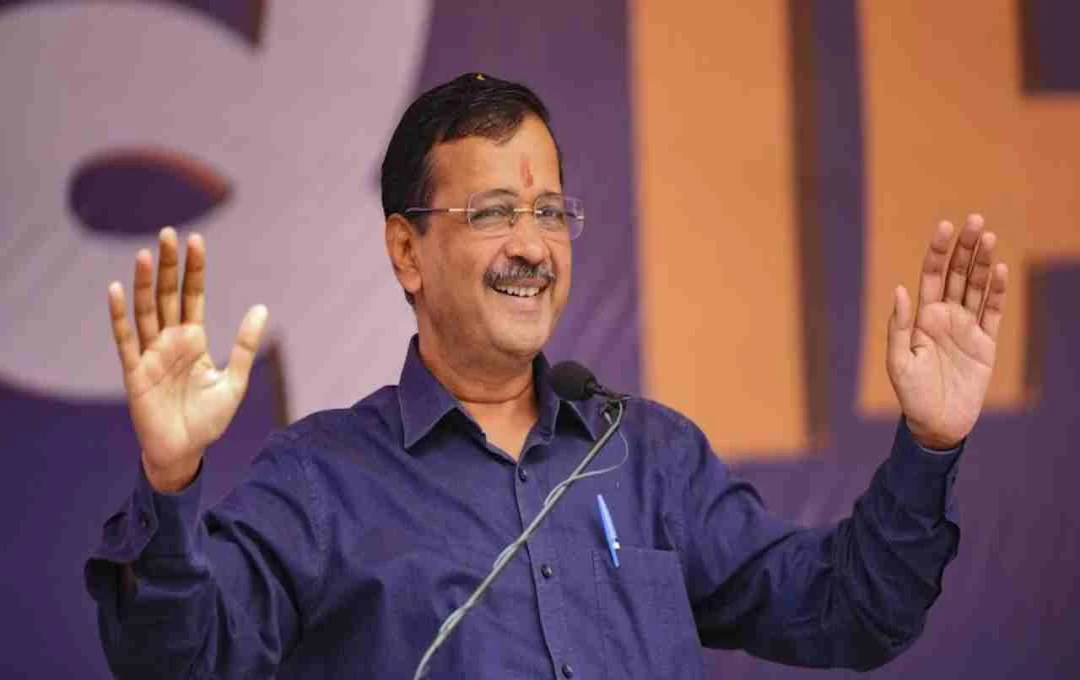The Bharatiya Janata Party (BJP) is actively pursuing the caste census issue, aiming to leverage it politically. The party's primary objective is to regain the support of OBC and Dalit communities, whose favor it has seemingly lost in recent years.
Caste Census BJP Plan: The Narendra Modi government's decision on the caste census marks a significant shift in Indian politics. What was previously considered the agenda of opposition parties like the Congress, Samajwadi Party, and RJD, is now central to the BJP's political strategy.
This is not merely a policy decision but a calculated socio-political strategy, often referred to as 'Mandal 2.0'. Through this, the BJP seeks to broaden its social base by combining its traditional Hindutva agenda ('Kamandal') with increased representation for backward castes.
Reshaping the Political Landscape
Between 2014 and 2019, the BJP forged a coalition encompassing various social groups, including forward castes and non-dominant OBC and SC/ST communities. Prime Minister Narendra Modi's OBC background and welfare schemes helped the party penetrate rural and impoverished segments of the population.
However, the BJP faced setbacks in the 2024 Lok Sabha elections in states like Uttar Pradesh, Bihar, and Haryana, losing a significant portion of OBC and Dalit votes to the INDIA alliance.
The BJP now aims to regain this lost vote bank through the caste census, reinforcing its support base. The party's plan is clear: to assure OBC and Dalit communities that the BJP is not just talking about 'Sabka Saath, Sabka Vikas' (Development for All, Cooperation from All), but actively working towards it.
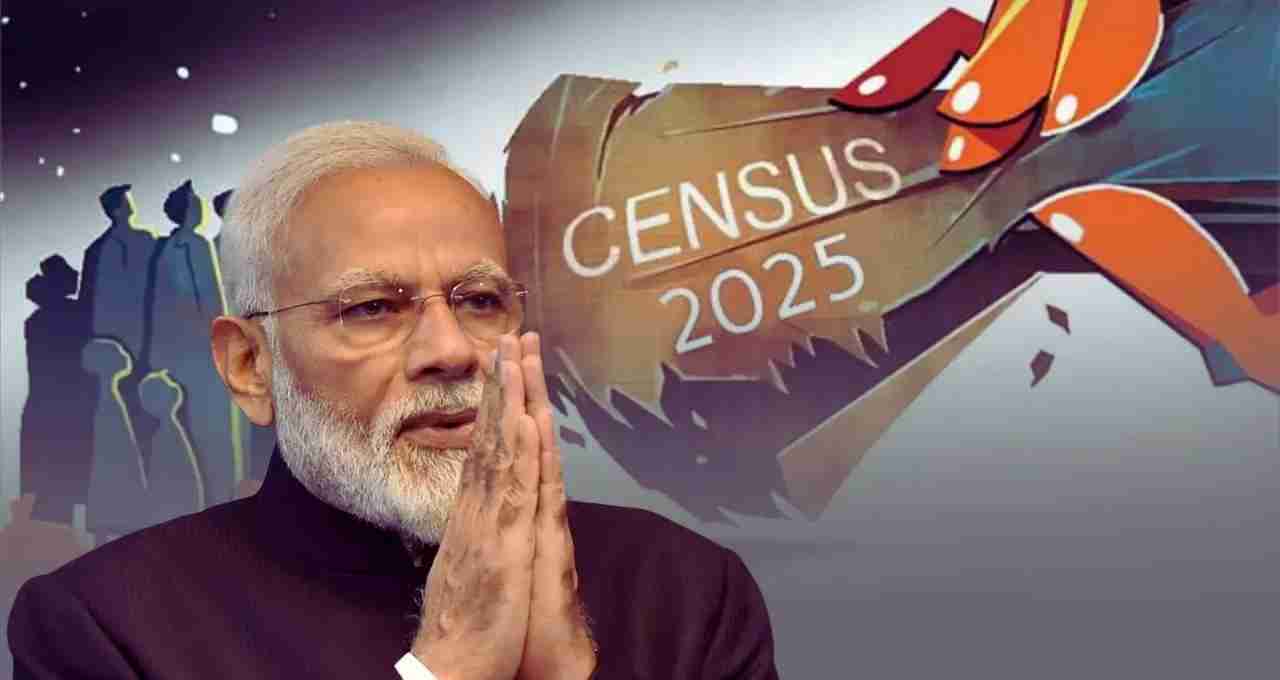
Strengthening OBC Leadership and Modi's Image
The BJP consistently projects Prime Minister Narendra Modi as a leader not only from an OBC background but also one who has taken historical steps for the upliftment of the poor. The caste census decision further strengthens this image. Simultaneously, the BJP aims to ensure the continued allegiance of its OBC leaders, such as Uttar Pradesh's Deputy CM Keshav Prasad Maurya and allies like Nitish Kumar in Bihar.
A Strategy to Curb Independent State Initiatives
Several states have already conducted caste surveys independently. Bihar's Nitish Kumar government conducted one in 2023, suggesting changes to reservation policies. Congress governments in Karnataka and Telangana are also aggressively pursuing this issue. The central government now seeks to control this initiative, aiming for uniformity and data-driven policies on reservation and social justice.
A New Chapter in Social Engineering
The BJP has implemented significant changes in its social equation since 2014. Initiatives like the Jan Dhan Yojana, Ujjwala Yojana, and Pradhan Mantri Awas Yojana gained popularity among poorer segments. Simultaneously, the BJP introduced the 10% EWS quota to appease higher castes. However, the current focus is on 'non-dominant' castes like Nishad, Kurmi, Kushwaha, Lohar, Teli, Kashyap, etc., whose influence is decisive in regional politics.
Caste Census as a Large-Scale Public Relations Campaign
The caste census is not merely data collection but a comprehensive public relations campaign for the BJP. Communicating the party's commitment to inclusive participation at the grassroots level could enhance its social acceptance. This decision could prove to be a game-changer in states like UP, Bihar, and Jharkhand, where social identity is central to politics.
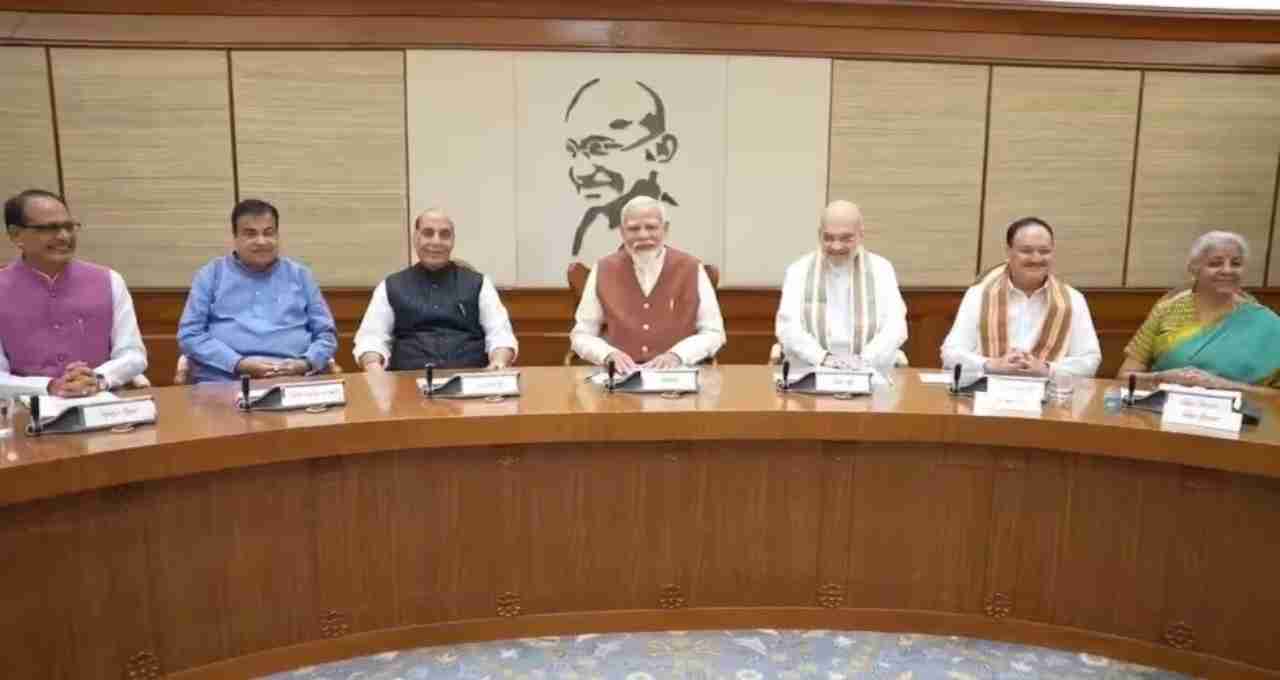
A New Fusion of 'Kamandal' and 'Mandal'
The BJP has long benefited electorally from 'Kamandal' – the Ram Mandir, Hindutva, and cultural nationalism. Now, the party is integrating this agenda with 'Mandal 2.0' – social justice and caste representation. This combination could usher in a new era in politics, allowing the party to broaden its support base by balancing religious and social appeals.
